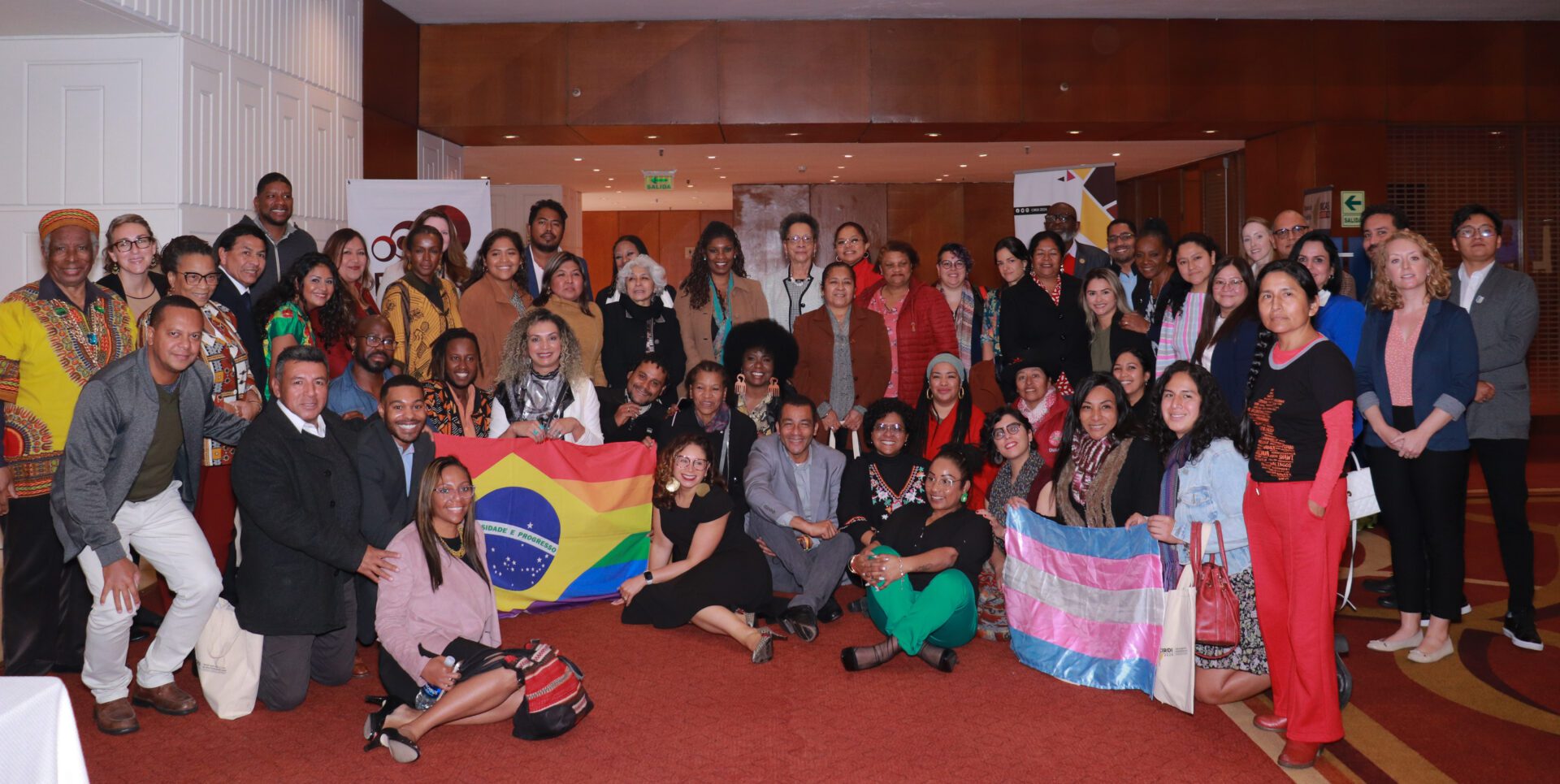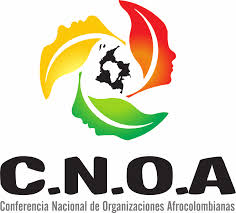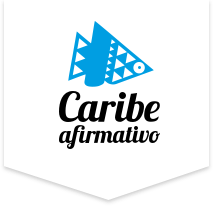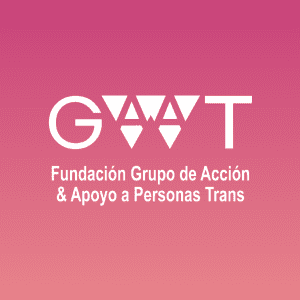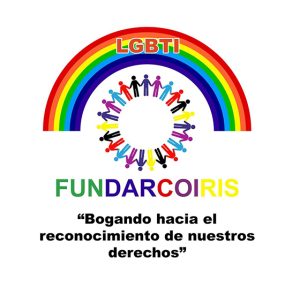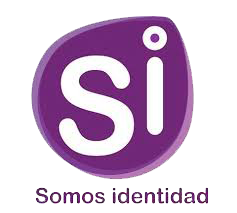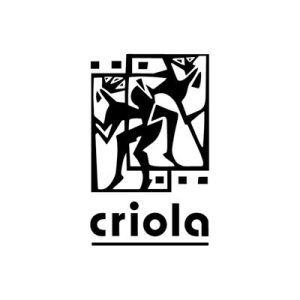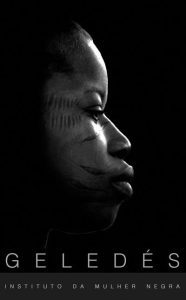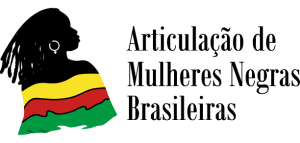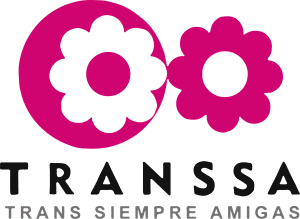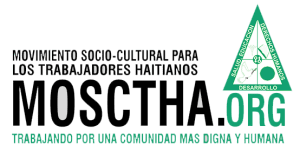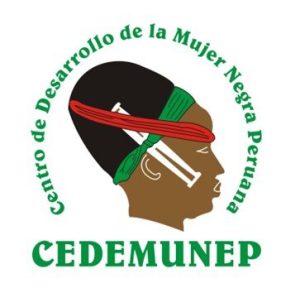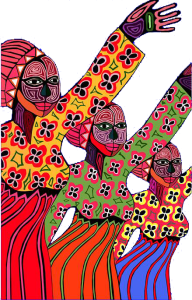Colombia
The National Association of Displaced Afro-Colombians – AFRODES’ mission is to establish itself as an organization that provides guidance, support, advice, assistance, training, and dialogue related to the defense of the rights and cultural identity of the Afro-Colombian population in a state of forced displacement, with the objective of seeking dignified lives for its members. AFRODES seeks to raise awareness among the Colombian people about the displacement of black communities and recommend policies to the Colombian State to manage and resolve this issue.
The National Conference of Afro-Colombian Organizations (C.N.O.A) is a national umbrella organization comprised of more than 270 Afro-descendant organizations. CNOA works in favor of the human rights of Afro-Colombian people and their collective interests. It helps promote Afro-Colombian organizations’ initiatives through capacity-building in political and legislative advocacy, organizational strengthening, and strategic communication throughout the territory.
Caribe Afirmativo advocates for the establishment and positioning of gender and sexual diversity agendas in the Caribbean region of Colombia with the goal of obtaining recognition of the rights and access to justice for LGBTI persons in a post-conflict setting. Caribe Afirmativo’s focal areas are strengthening the social integration of the LGBTI population and training LGBTI leadership in the political agendas of the post-conflict environment; investigating damages caused by the armed actors; and carrying out affirmative action plans to guarantee access to the system of comprehensive reparations established by law.
The Trans Support and Action Group Foundation (GAAT) is a community-based social organization that works to defend and assert the human rights and full exercise of citizenship of the trans population and their support networks throughout Colombia, in particular carrying out political advocacy and social and cultural transformations in Colombia in its capital city of Bogotá. Their work contributes to the development of societies that acknowledge gender diversity and guarantee the full extent of trans people’s rights.
The Arco Iris Afro-Colombian Foundation works to develop, promote, and protect the rights of the LGBT population in the municipality of Tumaco and the coastal municipalities of the Department of Nariño, Colombia by planning, organizing, and implementing projects promoting LGBT rights supported by the Mayor’s Office and Departmental Government and aimed at civil society (specifically, in peripheral neighborhoods and meeting spaces for LGBT people) and institutions of all sectors. The Foundation seeks to promote acceptance of diversity, equality, and respect for sexual orientation and gender identity of lesbian, gay, transgender, bisexual, and intersex people.
The Afro-descendant Foundation for Social and Sexual Diversity (Somos Identidad) is a community-based organization headquartered in the city of Santiago de Cali, Colombia. Through its three areas of work – ethnic/racial, gender/generation, and sexual diversity – Somos Identidad provides support, guidance, and accompaniment to Afro-descendant people who wish to become professionals through affirmative actions. To date, Somos Identidad has 165 active students in various universities.
Brazil
Criola is a civil society organization with more than 25 years of experience defending and promoting the rights of black women. Founded in 1992, the organization works to construct a society in which justice, equality, and solidarity are fundamental values. Criola confronts racism, sexism, lesbophobia, and transphobia, and, by doing so, encourages the development of actions aimed at improving the living conditions of the black population, particularly black women. For almost three decades, Criola has reaffirmed that black women’s transformative action is essential for the wellbeing of the entire Brazilian society.
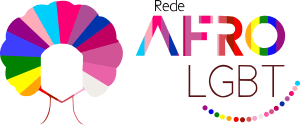
The AFRO LGBT Network is a regional social movement whose goal is to promote citizenship and strengthen self-esteem among the black LGBT (lesbian, gay, bisexual, transgender, and intersex) community fighting against racism and all forms of homophobia, as well as other means of oppression and exclusion.
Geledés-Institute for Black Women was created on April 30, 1988. It is a political organization of black women whose institutional mission is to fight against racism and sexism. Geledés seeks to consolidate discussions on the issues of black women as fundamental aspects of the wider gender issue in Brazilian society and to promote the debate on the need for adopting inclusive public policies for the realization of the principle of equal opportunities for all.
The Articulation of Black Women’s Organizations (AMNB) is a network of black women’s organizations, currently consisting of 29 organizations representing all regions of Brazil. The AMNB’s institutional mission is to promote the coordinated political action of non-governmental groups and organizations of black Brazilian women facing racism, sexism, class oppression, lesbophobia, and all forms of discrimination, in order to contribute to the transformation of existing power relations in Brazil.
Dominican Republic
TRANSSA (Trans Always Friends) is a community-based organization that promotes the defense of the human rights of the transgender population, beginning with reducing the discrimination against this community by the general population. TRANSSA advocates for equality for the Dominican transgender community by promoting leadership and respect. It is a place where transgender people can find support and bring their complaints and together seek solutions and try to achieve a better quality of life.
The Socio-Cultural Movement for Haitian Workers (MOSCTHA) was founded in 1985. It is a non-profit organization whose main objective is to implement comprehensive community development programs and projects that contribute to the improvement of the quality of life and press for the respect of the human rights of Haitian immigrants, their families, and other impoverished populations. Through the management and implementation of programs in the Dominican Republic and Haiti, MOSCTHA offers communities tools, assets and resources necessary for a prosperous and sustainable future.
Peru
The Center for the Development of Black Peruvian Women (CEDEMUNEP) is a non-profit, non-governmental organization that seeks to improve the living conditions of Afro-Peruvian women; fight against discrimination, exclusion, and marginalization; and promote respect and fulfillment of their human rights, as well as that of their sisters from other ethnic groups.
Ashanti Perú is an organization of Afro-descendant youth that has contributed since 2004 to the creation of a democratic and just society through the recognition of human rights, civic participation, and the formation of young Afro-Peruvians as social and political leaders with an identity. Ashanti Perú works to ensure the active participation by Afro-Peruvian youth in political decision-making spheres by promoting the visibility and social inclusion of Afro-Peruvians and other vulnerable groups. As such, it specializes in forming social and political leaders by strengthening their capacity and knowledge. It works with a national network of Afro-Peruvian youth, women, and men on political advocacy initiatives, research, and formation of Afro-Peruvian identity, leadership, human rights, and gender equality, as well as promoting dialogue and democratic governance.
Regional
The Network of Afro-Latino, Afro-Caribbean, and Diaspora Women is a space for coordination and empowerment of Afro-descendant women for the construction and recognition of democratic, equitable, just, multicultural societies that are free of racism, racial discrimination, sexism, and exclusion, as well as the promotion of cross-cultural principles.
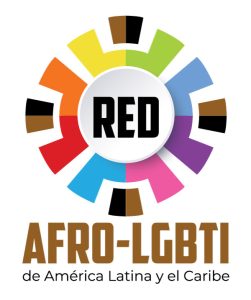
The Afro–LGBTI Network of Latin America and the Caribbean heightens the visibility of the violations of the human rights of Afro-LGBTI communities, raises awareness to enable understanding of the relationship between these violations and the sexual/race diversity intersection, advocates at the national and international level on behalf of the adoption of public policies, fights for the right to justice and contributes to the elimination of racial discrimination, transphobia, and homophobia within Afro-descendant and LGBTI movements. In addition, the Network works to strengthen the coordination and linkages between the organizational processes that advocate for the full enjoyment of the human rights of Afro-LGBTI groups, with the perspective of developing national and international political advocacy actions so that regional States adopt public policies that guarantee their rights.
Central America
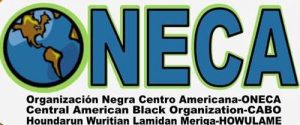
ONECA was formed in Dangriga, Belize on August 25, 1995 as a cross-border organization capable of heightening the visibility of and strengthening the social, political, economic, cultural, environmental, and organizational life of the Central American Afro-descendant communities and of the Central American Afro-descendants living in the United States. ONECA works to promote the integral development of Central American Afro-descendant peoples and communities from a human rights perspective, seeking in all its actions unity in diversity, equality and equity of gender, ethnicity, and race among human beings and to combat racism and discrimination head-on.
